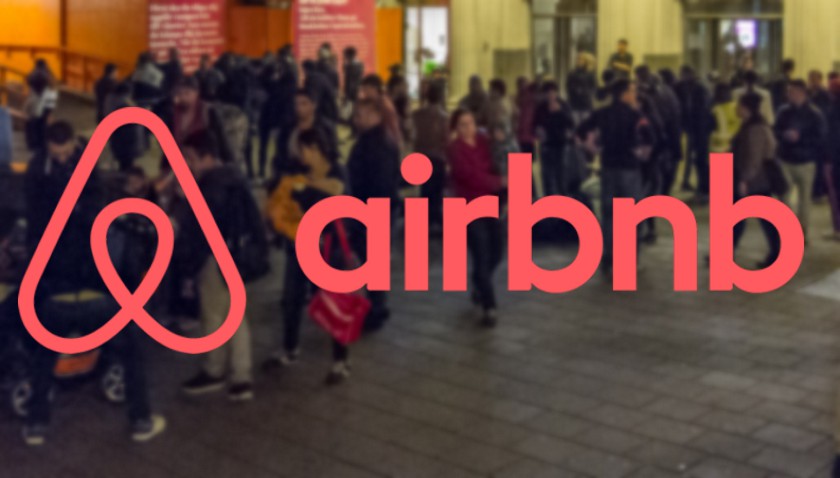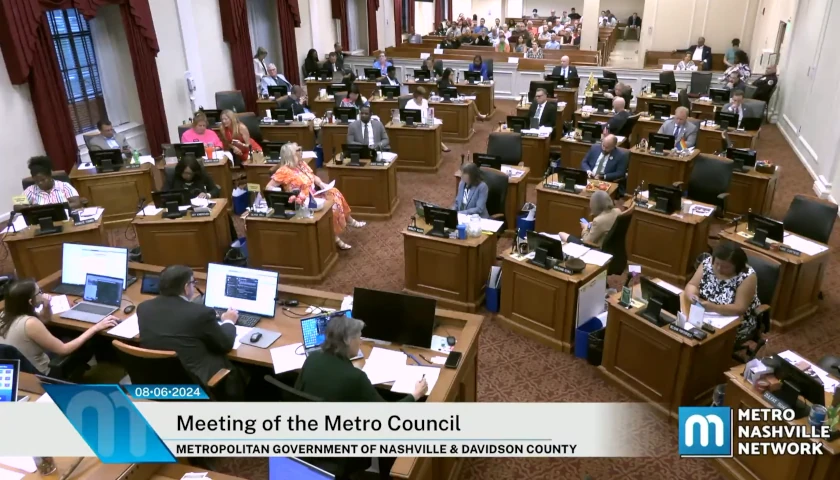Airbnb, the online service that helps people “monetize their extra space” with short-term rental agreements, has launched a new platform called “Open Homes” that lets homeowners donate that “extra space” and host refugees, saving the federal contractors time and money in meeting the terms of their agreements with the U.S. State Department. By “donating” space in privately owned homes and apartments, any restrictions on use of private property imposed by local governments, can be by-passed. One hundred offers for hosting have already been offered in New York. Airbnb has set a goal “of providing short-term housing over the next five years for 100,000 people in need.”
Regulations put in place by the Nashville Metro Council have attempted to curtail the use of privately owned property for short-term rental use, whereas the Memphis City Council opted to take the cash and charge “extra space” hosts the same taxes and fees paid by hotels. Chattanooga’s city government requires specific zoning for short-term rentals except in the unincorporated parts of Hamilton County where only a special permit is required. Knoxville property owners must also secure special permits to profit from short-term hosting.
None of the local government ordinances appear to address the scenario where a property owner donates short-term use of living space to refugees being brought to a community.
During the past two legislative sessions, the Tennessee legislature has wrestled with how to balance private property rights with the right of “private enjoyment” of neighboring property owners who oppose short-term rentals. The issue of pre-empting local government land use and zoning has also complicated the state’s efforts to balance these competing interests.
In October 2016, the Beacon Center of Tennessee prevailed in the first round of lawsuits challenging the overly restrictive regulations on short-terms rentals passed by the Nashville Metro Council. The ruling was subsequently narrowed to apply only to the homeowners who sued as opposed to all other property owners in Nashville who are still subject to the restrictions set by the Metro Council.
Davidson, Shelby, Hamilton and Knox counties are the counties where government contractors are paid to resettle the largest number of refugees brought to Tennessee. Affordable housing options in Davidson County for arriving refugees has become an obstacle for government contractors paid for resettlement services, making Airbnb’s efforts to deliver donated space an attractive option.
A woman in Germany who opened her home through the “Refugees Welcome” program was raped by the Afghan migrant she welcomed into her home. In Sweden, a young girl was raped by the migrant from Eritrea invited to stay with her family through the efforts of a welcoming organization. It is doubtful that even extreme vetting of refugees slated to come to the U.S. can predict whether incidents like these will occur.






I’m not too concerned about someone letting someone else stay in their house for free. I might be worried for that person’s safety, but c’est la vie.